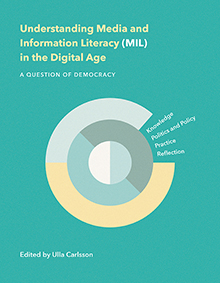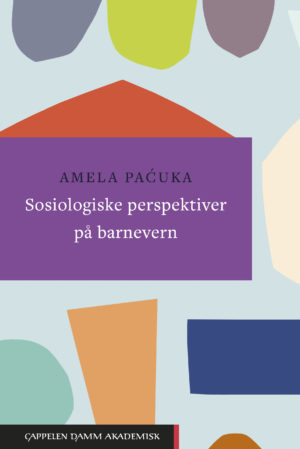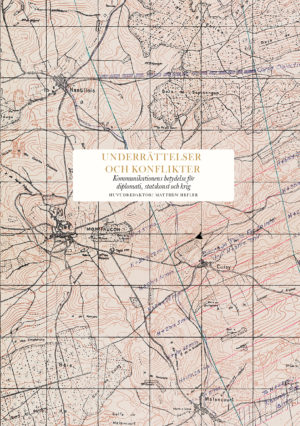Understanding Media and Information Literacy (MIL) in the Digital Age
Utgiven av:Department of Journalism, Media and Communication
Many of the social issues of today have to do with digitization and, not least, the ongoing transformation of the media and communication culture. We are now at a point that may be described as ‘the end of the digital beginning’. Following a period of optimism - especially the hopes that it would increase citizen engagement and participation - problems have surfaced. Calls are heard for policies to resolve these problems.
Media and information literacy (MIL) is often emphasized in the face of technological breakthroughs, when policy- and law-makers find themselves unable to tackle emerging problems. Therefore, MIL should be understood as part of a whole that includes legislation and reforms in media, education and other fields of relevance – as part of a democracy strategy. This is a process that involves many different stakeholders in society, and combining extensive collaboration with proactive political leadership is a challenge. It can be said to be the starting point for this book.
The book consists of three parts. In the first part, a number of articles of a more general nature discuss media and information literacy (MIL) in a variety of contexts as well as courses of development on national, regional and global levels. The focus in the second part is on Sweden, the host the UNESCO Global MIL Week Feature Conference 2019. The articles in this part present current research findings, policy decisions and political initiatives, and some examples of ‘best practices’ in the MIL area. The third part presents a new approach to MIL in a context of social change and Agenda 2030.







